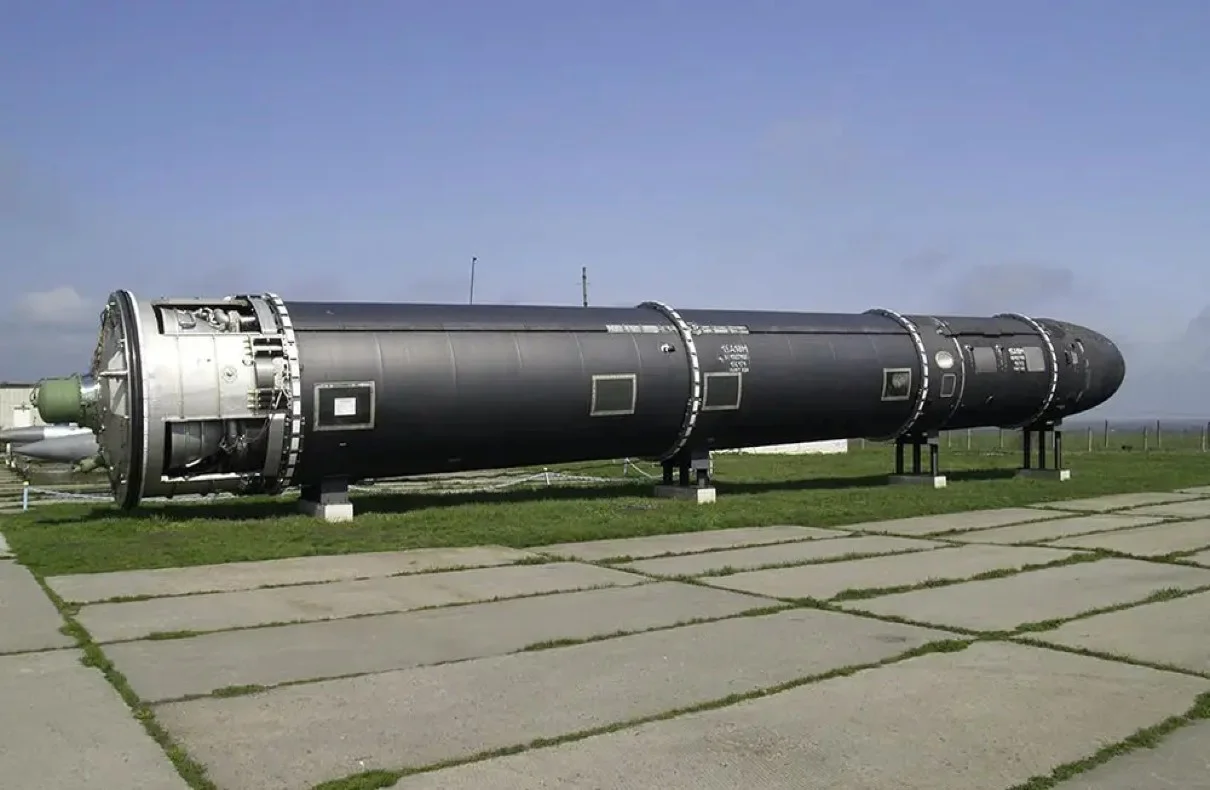The United States has recently released new intelligence regarding Russia’s nuclear capabilities, revealing potential threats at an international level. Although the specifics of the information remain classified, officials have shed some light on the matter.
Officials have emphasized that the new intelligence is indeed serious, but they have also clarified that the capabilities are still under development and have not yet been deployed by Russia. As a result, the United States, Ukraine, and America’s European allies are not currently facing an immediate threat. However, the nature of this intelligence has sparked significant concern among policymakers and has prompted discussions about potential countermeasures.
According to current and former U.S. officials, the new intelligence is related to Russia’s efforts to develop a space-based antisatellite nuclear weapon. While the specific details of this weapon are undisclosed, it is crucial to understand the significance of such a capability. A space-based antisatellite nuclear weapon would enable Russia to target and potentially destroy satellites in orbit, disrupting critical communication networks and surveillance systems.
Satellites play a vital role in modern military operations, providing essential capabilities such as communication, navigation, reconnaissance, and early warning systems. Disrupting or destroying satellites can have severe implications for both military and civilian sectors. Additionally, orbital systems are crucial for space exploration, scientific research, and commercial activities. Any developments that threaten the integrity of these systems raise significant concerns.
The information regarding Russia’s nuclear capabilities remains highly classified, as disclosing it could compromise the intelligence sources. Officials have emphasized the need to maintain secrecy while still informing Congress and U.S. allies. Balancing the imperative to protect sources with the necessity of sharing information poses a challenge for policymakers. However, the recent public release of some details suggests a growing urgency to address the issue.
Russia’s weaponization of its orbital systems represents a significant shift in its military strategy. By developing a space-based antisatellite nuclear weapon, Russia expands its potential for asymmetric warfare and threatens the stability of space-based operations. This development not only poses risks to U.S. and allied satellites but also raises concerns about the militarization of space and the potential for an arms race in orbit.
Congress has been briefed on the new intelligence, leading to urgent discussions about the implications and appropriate response. Congressman Mike Turner, the chair of the House Intelligence Committee, has called for the declassification of the intelligence to facilitate informed discussions with allies. The urgency expressed by Turner and other lawmakers highlights the gravity of the situation and the need for swift action.
The United States has been monitoring Russia’s advancements in space for several years, recognizing the potential implications for national security. These concerns extend beyond the weaponization of orbital systems to include developments in satellite technology and the jamming of U.S. satellites. The combination of these capabilities raises the specter of a significant disruption of critical communication networks and reconnaissance capabilities.
Russia’s pursuit of advanced space capabilities also has international implications. In recent years, Russia has strengthened its ties with other countries, notably North Korea. The prospect of Russia sharing its space technology with North Korea raises concerns about the proliferation of advanced military capabilities and the potential destabilization of the global security landscape. Cooperation and coordination among nations will be crucial to address these emerging challenges.
Apple New Changes to iOS, Safari, and the App Store in the European Union
The revelations about Russia’s nuclear capabilities necessitate a comprehensive response from the United States and its allies. This response should include diplomatic efforts to engage with Russia and encourage transparency regarding its space programs. Moreover, there is a need for continued investment in research and development to enhance the resilience of satellites and orbital systems against potential threats.
International norms and treaties play a crucial role in regulating space activities and preventing the weaponization of outer space. The United States, along with its allies, should work toward strengthening existing agreements and developing new ones to address the emerging challenges posed by Russia’s developments. This includes efforts to establish norms of responsible behavior in space and mechanisms for verification and enforcement.
The recent revelations about Russia’s nuclear capabilities and its weaponization of orbital systems have raised concerns about global security and stability. The development of a space-based antisatellite nuclear weapon poses significant risks to critical communication networks and reconnaissance capabilities.
The United States and its allies must respond swiftly and decisively, engaging diplomatically with Russia and investing in research and development to enhance the resilience of space systems. By working together and upholding international norms, we can mitigate the potential threats and ensure the peaceful and secure use of outer space.
